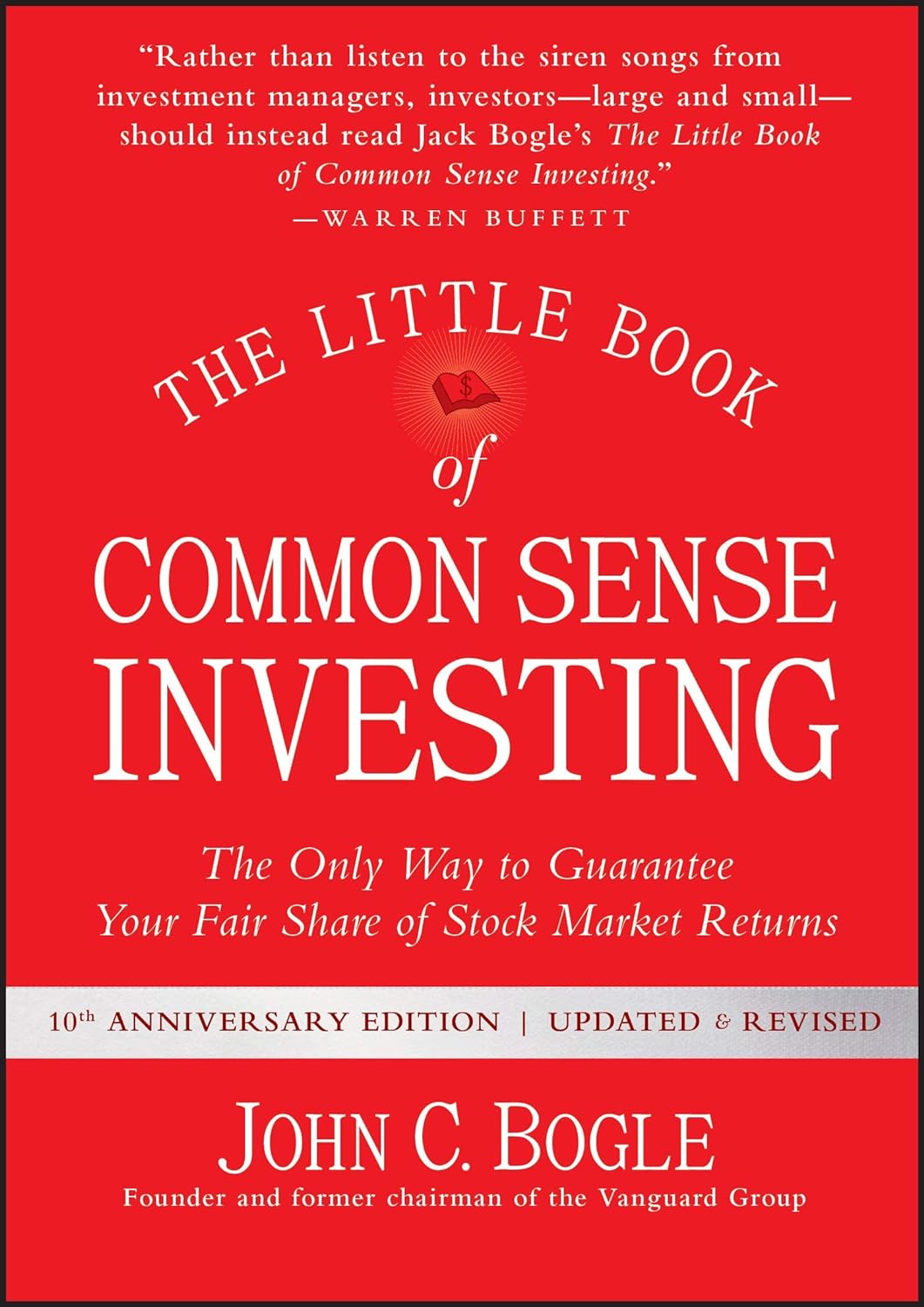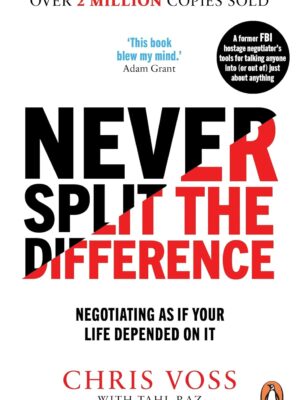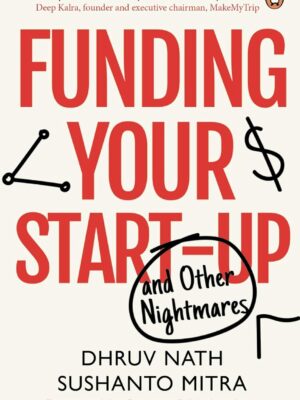The Little Book of Common Sense Investing – by John C. Bogle
Secure Checkout with Amazon!
- Top-Rated Books
- Readers Satisfaction
- Verified Customer Reviews
Description
The Little Book of Common Sense Investing by John C. Bogle is a straightforward guide to investing, written by the founder of Vanguard and the pioneer of index funds. Bogle’s central argument in this book is simple but powerful: the most effective way for the average investor to grow wealth is through low-cost, passive investing, primarily via index funds that track the entire market. This approach contrasts sharply with the active investing strategies that aim to beat the market, which, Bogle argues, are often expensive and ineffective.
Bogle emphasizes that trying to pick individual stocks or predict market trends usually leads to worse results compared to a long-term, buy-and-hold strategy in index funds. His reasoning is clear — when you buy an index fund, you’re essentially buying a small piece of the entire market. This means that instead of trying to pick the next big winner or timing the market, you’re betting on the long-term growth of the market itself, which has historically risen over time.
A key takeaway from the book is that costs matter more than most investors realize. Bogle highlights how management fees, transaction costs, and taxes eat into investment returns, especially over the long term. Active managers may promise to beat the market, but their fees and the difficulty of consistently outsmarting the market often lead to underperformance. In contrast, index funds have much lower costs since they don’t require active management and trade less frequently.
Bogle also takes aim at the financial industry’s obsession with short-term results. He argues that chasing short-term gains through stock picking or trying to time the market is a losing game for most investors. The stock market is highly unpredictable in the short term, and many investors make the mistake of buying high during booms and selling low during busts. Bogle advises sticking with a diversified portfolio of low-cost index funds for the long haul, ignoring the noise of the daily market movements.
One of the book’s most famous ideas is the “humble arithmetic of investing.” Bogle reminds readers that, on average, investors as a group must match the market’s return before costs. After accounting for fees, the majority of investors will underperform the market. This simple truth underscores his advocacy for index funds — by keeping costs low, investors can keep more of their returns and are more likely to match the overall market’s performance.
Bogle doesn’t just rely on theory. Throughout the book, he supports his arguments with decades of data, showing that very few active managers consistently beat the market over long periods. He points out that even if an investor does manage to pick a winning stock or fund, it’s often by luck, not skill, and the odds of repeating that success over many years are slim.
Another core message in the book is the importance of patience and discipline. Bogle argues that investing is not a get-rich-quick scheme; rather, it’s about building wealth steadily over time. Investors who follow a passive strategy and stick to it, even during market downturns, are more likely to succeed. This long-term approach requires discipline, especially when the market is volatile, but it pays off by compounding returns over the years.
The book also touches on the emotional aspects of investing. Bogle warns against letting emotions drive investment decisions, as fear and greed often lead to poor choices. When markets crash, many investors panic and sell at the worst possible time, only to miss the recovery. Bogle encourages investors to stay the course and trust that the market, while unpredictable in the short term, tends to rise over the long term.
Overall, The Little Book of Common Sense Investing is a guide to keeping things simple. Bogle’s message is clear: avoid the complexity and high costs of active investing, and instead, trust in the long-term power of the market. By investing in low-cost index funds and holding onto them for years or even decades, investors can maximize their chances of success and avoid the traps that often trip up those who try to beat the market. The book is a valuable resource for anyone looking to build wealth steadily and avoid the noise and pitfalls of the investing world.






Reviews
There are no reviews yet.